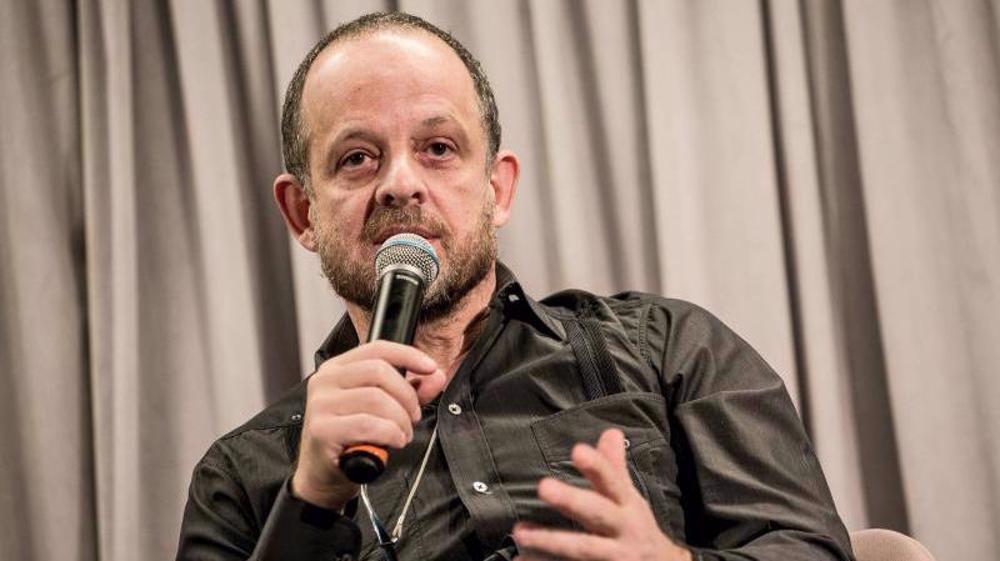Brazil deploys troops to contain mass protest
The Brazilian government has deployed troops to maintain order and protect government buildings in the capital, Brasilia, as angry demonstrators, calling for the removal of President Michel Temer, smashed their way into some ministries and clashed with riot police.
“At this moment, federal troops are already here in [the Foreign Ministry],” Brazil’s Defense Minister Raul Jungmann said in a brief televised statement on Wednesday, adding that soldiers would soon be arriving to protect all ministry buildings.
Jungmann’s comments came a few hours after a massive crowd of protesters, estimated by police to number at 35,000, rallied toward the Palácio do Planalto, the presidential palace, which is flanked by the National Congress and ministerial buildings, demanding Temer’s ouster over corruption allegations and austerity reforms.
They also demanded that fresh elections be held soon and reform plans be withdrawn.
The Wednesday demonstration, called “Occupy Brasilia” by organizers, was mostly peaceful; however, small groups of masked protesters, while hurling stones at police, stormed into the Agriculture Ministry building, inflicted some damage on the building, and lit a fire in one of the rooms, prompting the evacuation of that building and several others in response.
A confrontation erupted between the two sides after police, crouching behind black shields, unleashed volleys of tear gas, stun grenades, pepper spray, and rubber bullets to disperse the angry demonstrators.
The massive rally, organized by leftist groups and trade unions, was focused on ending the unpopular austerity measures, which are mostly aimed at making cuts to Brazil’s pension system.
Also cause for anger was the disclosure last week of a recorded conversation that purportedly proves that Temer endorsed the payment of bribes to ex-house speaker Eduardo Cunha in exchange for his silence in a probe against the president.
On Friday, Brazil’s highest court released documents revealing that the country’s top prosecutor was accusing Temer of corruption and obstruction of justice. Temer, however, has repeatedly said that he had done nothing wrong and would not resign.
Temer’s ruling coalition is also breaking apart, as parties decide to separate, further putting his political future in doubt. For now, Temer is striving to shore up his congressional alliance in a bid to resist demands for his impeachment.

If Temer resigns or is removed from power under growing pressure, according to the country’s constitution, the congress would require a month-long period led by the speaker of the lower house. After the termination of the period, an indirect election will be held, in which the congress picks a new president to rule until after the scheduled presidential election in late 2018.

Temer came to power after former president Dilma Rousseff was impeached and dismissed over a series of allegations of financial wrongdoing and breaking budget laws in August last year, which she has denied. Temer, then Rousseff’s vice president, had lately turned against his boss, helping the opposition bring about her downfall.
‘Ghost town’: 70% of Jabalia buildings destroyed by Israel
Mother’s Day: Sareh Javanmardi’s inspiring journey as Paralympic champion and mother
Russia downs over 40 Ukrainian drones as Putin vows 'destruction' on Kiev
VIDEO | Yemen: A bone in Israeli neck
D-8’s role in Iran’s economy after Cairo summit
China slams US as ‘war-addicted’ threat to global security
China ‘firmly opposes’ US military aid to Taiwan
VIDEO | Press TV's News Headlines














 This makes it easy to access the Press TV website
This makes it easy to access the Press TV website